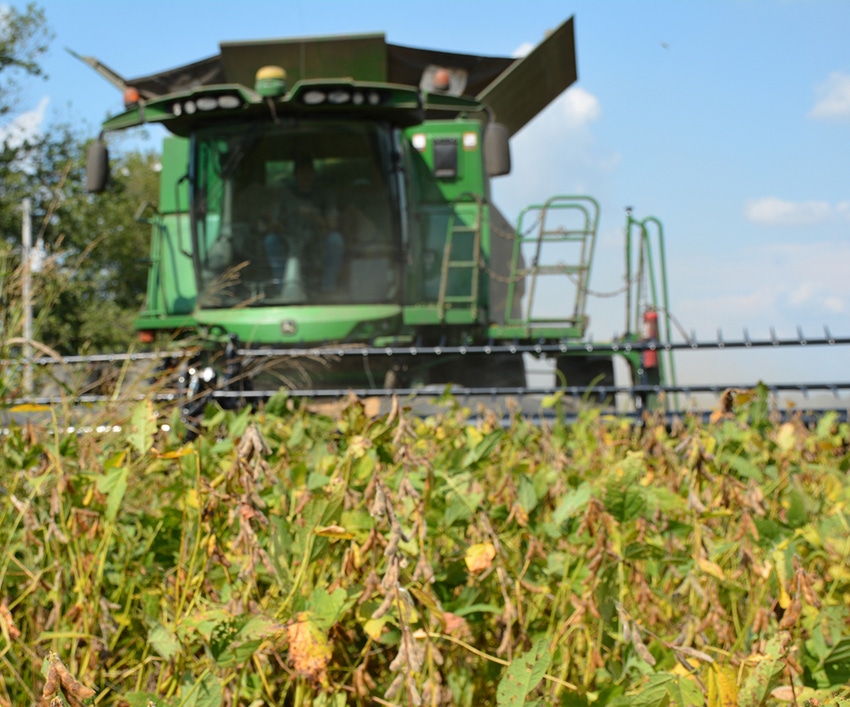
A Dyer County, Tenn., farm family credits conservation as a key factor in maintain the family farm through nine generations.
Jack Grills and sons Rusty, 36, Hunter, 31, and Cody, 28, say managing weeds has become a crucial and challenging aspect in making the land better from one generation to the next.
Glyphosate-resistant pigweed is one of the biggest trials they face in maintaining and improving their land.
“We need dicamba and any other technology that comes along,” Rusty says.
Resistant pigweed complicates control options. “We have what looks like Jack and the pigweed stalks,” quips Rusty. “But we can get 100 percent control with pre-emergence herbicides and dicamba.”
They are dealing with pigweed and other troublesome weeds with Engenia and pre-emergence herbicides.
See also: Ninth generation feels privilege and responsibility for farm - Part one
“But we can’t apply pres over and over in season,” Rusty says. “With beans at $7.60, we can’t afford to keep applying herbicides. That’s why we need the technology.”
They say other parts of the country may not appreciate the gravity of resistant pigweed pressure in South.
They contend that varieties with the dicamba tolerant trait are the best available.
Cody says a farmer friend decided early this year not to use dicamba. “Now, he’s determined that he needs it next year.”
Hunter says the pres offer “prevention. It’s our defense.”
“But we also need an offensive weapon,” says Rusty. “That’s dicamba.”
They hope EPA approves re-registration soon, in time for 2019 decisions, and they hope application cutoff date will be reasonable. May 15, they say, is unrealistic.
About the Author(s)
You May Also Like






